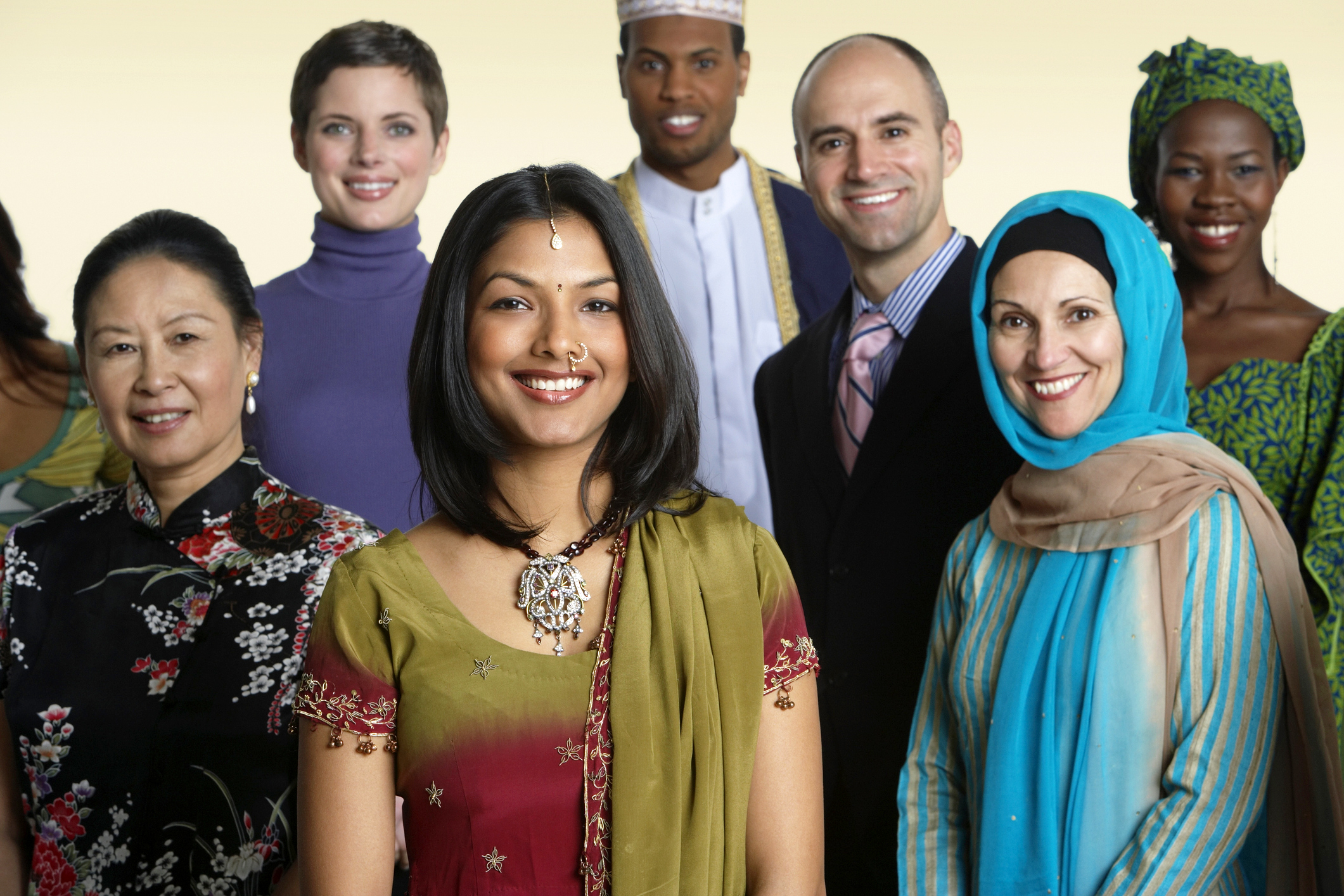Cultures: A Tapestry of Traditions and Customs
Culture can be described as the unique set of beliefs, values, customs, behaviors, and artifacts that characterize a group or society. It is what makes a society distinct and sets it apart from others. Culture is the glue that binds people together and gives them a shared identity. It provides a sense of belonging and purpose, and influences how individuals think, feel, and behave. In this article, we will take a closer look at different cultures and the role they play in shaping our world.
One of the most prominent cultures in the world is that of the Chinese. With a rich history dating back thousands of years, Chinese culture is deeply ingrained in the daily lives of its people. From the delicious food to the intricate festivals and celebrations, the Chinese people are proud of their heritage. The Chinese are known for their elaborate and colorful New Year's celebrations, with dragon and lion dances, fireworks, and traditional red decorations. The cuisine is just as diverse, with dishes ranging from savory dumplings to sweet rice cakes. Family values are a cornerstone of Chinese culture, with a strong emphasis on filial piety and respect for elders.
Another notable culture is that of India. With a population of over 1.3 billion people, India is one of the most diverse countries in the world. Its rich history and vibrant culture are reflected in its many festivals, such as Diwali, the festival of lights, and Holi, the festival of colors. India is also known for its flavorful cuisine, with a range of dishes that are both spicy and sweet. The country is also steeped in tradition, with a strong respect for elders and a deep belief in reincarnation.
Moving to the Western world, we have the American culture. America is often referred to as the melting pot of cultures, as it is home to people from all over the world. This has led to a rich and diverse culture that is shaped by a wide range of beliefs, customs, and traditions. From the Thanksgiving holiday to the Fourth of July, Americans have a long history of celebrating and honoring their heritage. The country is also known for its love of fast food, with hamburgers and hot dogs being a staple of American cuisine. Americans place a high value on individualism and freedom, and these values are reflected in the country's political and social systems.
The culture of Africa is just as rich and diverse as the continent itself. With over 1,000 different languages spoken and a wide range of traditions and beliefs, African culture is truly unique. From the colorful masks and costumes of West Africa to the intricate beadwork of the Maasai in East Africa, the continent is a tapestry of artistic expressions. African cuisine is just as diverse, with dishes ranging from spicy stews to sweet fruit drinks. Family values are a cornerstone of African culture, with extended families often living together and sharing resources.
Finally, we have the culture of the indigenous people of Australia. The aboriginal culture of Australia is one of the oldest and richest in the world, with a history that dates back over 60,000 years. The indigenous people of Australia have a deep connection to the land, and their culture is closely tied to the environment and the natural world. From the didgeridoo to the boomerang, their art and artifacts are a reflection of their deep connection to the land. The aboriginal cuisine is also unique, with dishes made from local ingredients such as kangaroo, witchetty grubs, and native fruits.
However, it's important to remember that cultures are not static, they evolve and change over time. As people interact with others from different cultures, they may adopt new traditions and customs, while also influencing others. This cultural exchange can lead to a fusion of cultures, creating new and unique traditions that are a blend of different cultural influences. This is what makes our world so rich and diverse, and it's what makes each culture so special and unique.
In today's globalized world, it's more important than ever to understand and appreciate different cultures. By doing so, we can build bridges between communities, create a sense of unity, and foster a more peaceful and harmonious world. By embracing cultural differences and celebrating our shared humanity, we can create a world that is inclusive and respectful of all cultures.
Cultures are a vital part of our world, shaping our beliefs, values, and behaviors, and providing us with a sense of identity and belonging. By understanding and appreciating different cultures, we can create a more inclusive and harmonious world, where everyone is valued and respected, no matter where they come from or what they believe. So, let us embrace and celebrate the rich tapestry of cultures that make up our world, and always strive to learn more about the traditions, customs, and beliefs of others.
Labels: culture, Cultures: A Tapestry of Traditions and Customs, people, world


0 Comments:
Post a Comment
Subscribe to Post Comments [Atom]
<< Home